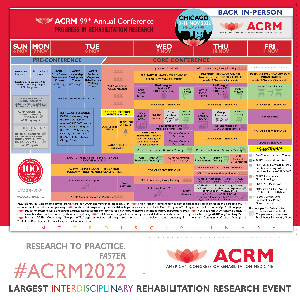Janice Sabin, PhD, MSW
Research Associate Professor
University of Washington
I do not have any relevant financial / non-financial relationships with any proprietary interests.
I am one of the earliest investigators in the world to apply the science of implicit bias to health care disparities research. My research includes examining patient-provider communication in real-world clinic visits in Baltimore, pediatricians’ racial bias/discrimination in treatment decisions for African American and White patients, racial/weight bias among providers in the Indian Health Service, provider bias toward people with mental illnesses, and community based participatory research with African American and American Indian/Alaska Native communities. I have experience in qualitative and quantitative research methods and mixed methods study design. My current research includes an NIH/NIMHD grant COmmuNity-engaged SimULation Training (CONSULT) for Cultural Competence, (1 R01 MD010291-01, Sabin Co-I, PI Tjia), which aims to train early-stage clinicians to develop awareness and communication skills that can overcome sociocultural differences between patients and providers. I am Co-Investigator/Project Lead on two projects that are part of HRSA grant (Cooperative Agreement for a Regional Center for Health Workforce Studies: Health Equity U81 HP32114, Frogner, PI) titled, 1. Exploration of Equitable Care and Stigmatization for COVID-19 Positive People of Color and People with Disabilities, and 2. Lasting Effects of Continuing Education on the Topic of Implicit Bias in the Clinical and Learning Environment. I am currently Co-Investigator on a NIH/NLM grant, UnBIASED: Understanding Biased Patient-Provider Interaction and Supporting Enhanced Discourse (1R01LM013301-01, Hartzler PI, Weibel PI,) that aims to investigate a novel social signal processing approach to auto-assessing verbal and non-verbal social signals that are associated with implicit bias in patient-provider communication. The overarching aim is to develop and refine a healthcare equity tool to mitigate bias in clinical interactions through testing in the lab and the field.
Poster(s):
- Inequitable care delivery for COVID-19 positive people of color and people with disabilitiesFriday, November 11, 202210:01 AM – 10:06 AM

.jpg)
